Hello, buddies! In software, one developer can make a big difference. This is why hiring great engineers is so hard, and why programmer salaries are sky-rocketing. A high-performance software developer is an incredible asset in a team. A company is willing to pay them top dollar, and the competition to hire them is fierce.
An efficient high-performance developer is a professional that gets the job done fast and effectively. Someone who has incredible productivity with high quality. Someone who you just can’t understand how they can get so much done. So how to become an effective, high-performancing developer? You are here to learn!
1. Remind yourself how much you have to learn
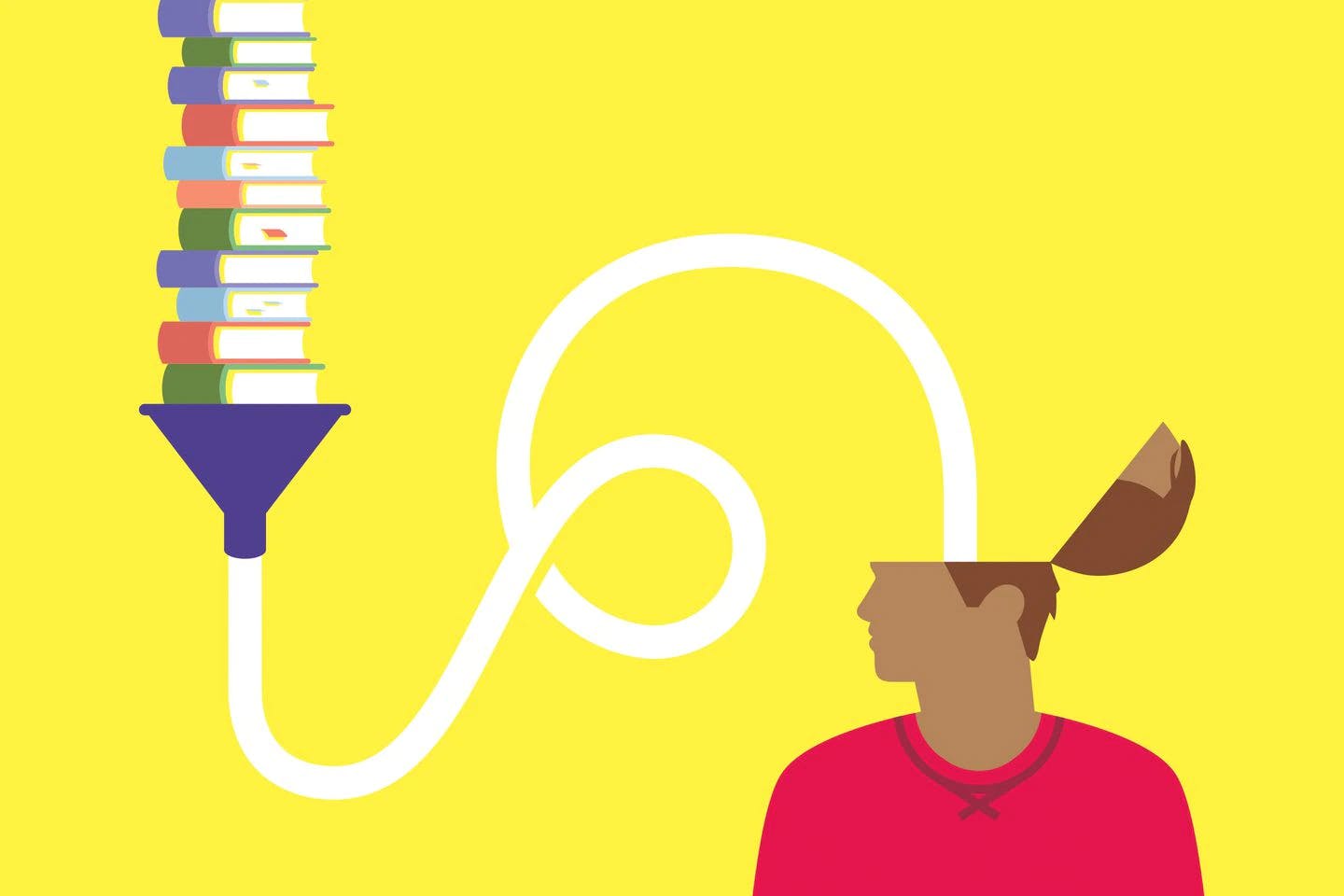 The first step in learning something is recognizing that you don’t know it. That sounds obvious, but experienced programmers remember how long it took to overcome this personal assumption. Too many computer science students graduate with an arrogant “I know best” bravado, a robust certainty that they know everything and the intense need to prove it to every new work colleague. In other words: Your “I know what I’m doing!” attitude can get in the way of learning anything new.
The first step in learning something is recognizing that you don’t know it. That sounds obvious, but experienced programmers remember how long it took to overcome this personal assumption. Too many computer science students graduate with an arrogant “I know best” bravado, a robust certainty that they know everything and the intense need to prove it to every new work colleague. In other words: Your “I know what I’m doing!” attitude can get in the way of learning anything new.
2. Write your daily goals
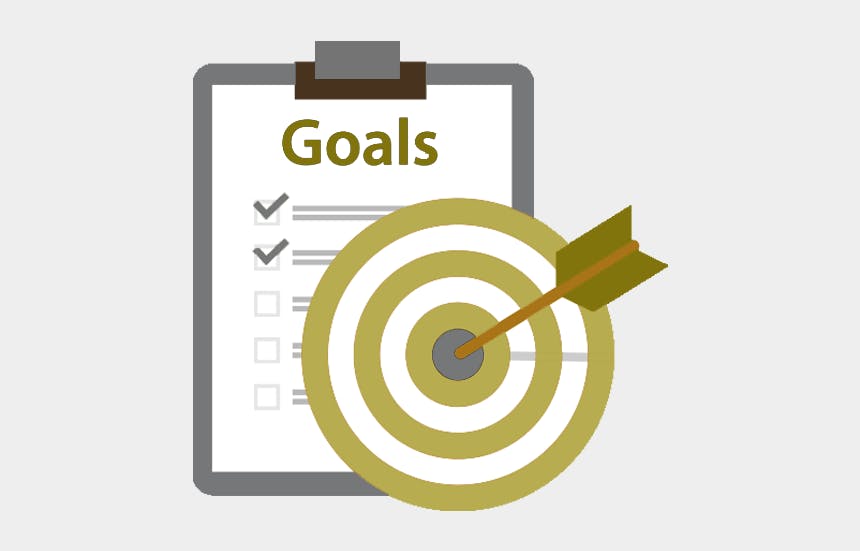 One of the most effective productivity tools is a simple To-Do list of your daily goals. Write down at the beginning of your day what you want to get done. Then, as you go on with your work – Cross items from the list. It’s as simple as that, but the effect is amazing.
One of the most effective productivity tools is a simple To-Do list of your daily goals. Write down at the beginning of your day what you want to get done. Then, as you go on with your work – Cross items from the list. It’s as simple as that, but the effect is amazing.
The simple act of crossing items off your to-do list is very satisfying. In fact, it’s hard-wired into our brain. When we succeed in something, our body releases dopamine, which immediately causes us pleasure. This, in turn, causes us to want to repeat that pleasure and do even more work. In other words – lists will make you more productive and work more enjoyable.
3. “The code works” isn’t where you stop; it’s where you start
 Yes, your first step is always to write quality software that fulfills the spec. Average programmers quit at that point and move on to the next thing.
Yes, your first step is always to write quality software that fulfills the spec. Average programmers quit at that point and move on to the next thing.
But to stop once it’s “done” is like taking a snapshot and expecting it to be a work of art. Great programmers know that the first iteration is just the first iteration. It works— congratulations!—but you aren’t done. Now, make it better.
Part of that process is defining what “better” means. Is it valuable to make it faster? Easier to document? More reusable? More reliable? The answer varies with each application, but the process doesn’t.
4. Plan how to approach your immediate task
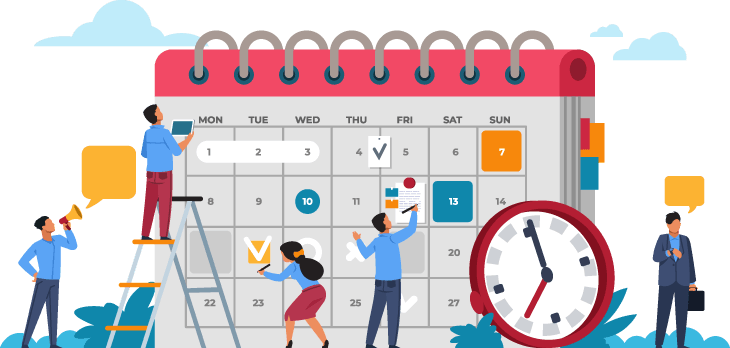 Before coding, debugging or even touching the keyboard – take a moment to think. How are you going to approach your task? What classes are you going to create? Where are you going to set breakpoints? What technical obstacles might you encounter?
Before coding, debugging or even touching the keyboard – take a moment to think. How are you going to approach your task? What classes are you going to create? Where are you going to set breakpoints? What technical obstacles might you encounter?
You should ask yourself all these questions before anything else. Once you build an approach plan in your head (or better, on paper) you can plan your exact steps. This results in an organized and efficient workflow. It will focus you on your task at hand and prevent useless time-wasting adventures. Your productivity will sky-rocket as a result.
5. Stop trying to prove yourself right
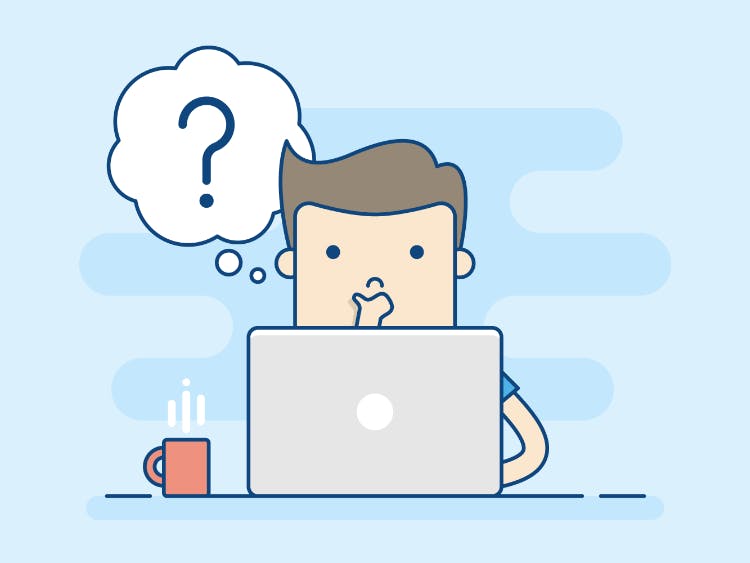 To become great—not just good—you have to learn from experience. But be careful, experience can teach us to repeat poor behavior and to create bad habits. We’ve all encountered programmers with eight years of experience ... the same year of experience, repeated eight times. To avoid that syndrome, look at everything you do and ask yourself, “How can I make this better?”
To become great—not just good—you have to learn from experience. But be careful, experience can teach us to repeat poor behavior and to create bad habits. We’ve all encountered programmers with eight years of experience ... the same year of experience, repeated eight times. To avoid that syndrome, look at everything you do and ask yourself, “How can I make this better?”
Novice software developers (and too many experienced ones) look at their code to admire its wonderfulness. They write tests to prove that their code works instead of trying to make it fail. Truly great programmers actively look for where they’re wrong—because they know that eventually users will find the defects they missed.
6. Keep calm
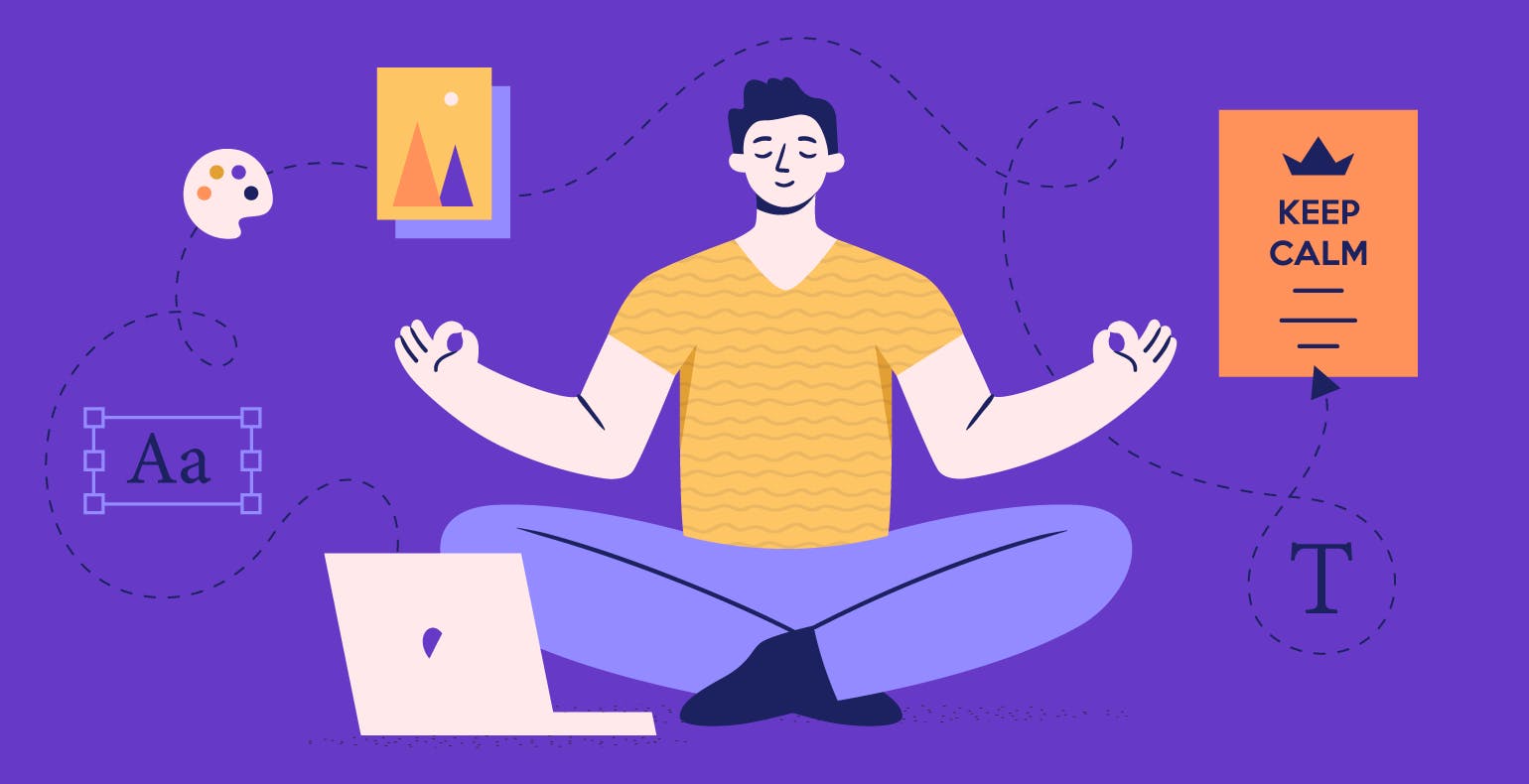 Programming can be a lot of fun but it also can be hard and frustrating when learning. Sometimes you may not even know how to begin handling a task. Sometimes you evaluate a task will take 2 working hours and it ends up taking 2 days. And we still haven’t mentioned dealing with deadlines and context-switches.
Programming can be a lot of fun but it also can be hard and frustrating when learning. Sometimes you may not even know how to begin handling a task. Sometimes you evaluate a task will take 2 working hours and it ends up taking 2 days. And we still haven’t mentioned dealing with deadlines and context-switches.
Maintaining your calm is the key for getting things done. Getting angry and frustrated will cloud your mind and you’ll end up spending even more time on the task or adding bugs. Obviously, keeping calm is easier said than done. Everyone has their own techniques for that. As for me, remembering I should be calm usually does the trick. Meditating is a great way to keep calm. Meditating helped Andrei Zgirvaci to increase his productivity as a developer
So buddies, from today, follow these 6 tips and become a more, more and more efficient developer. Happy Coding!
